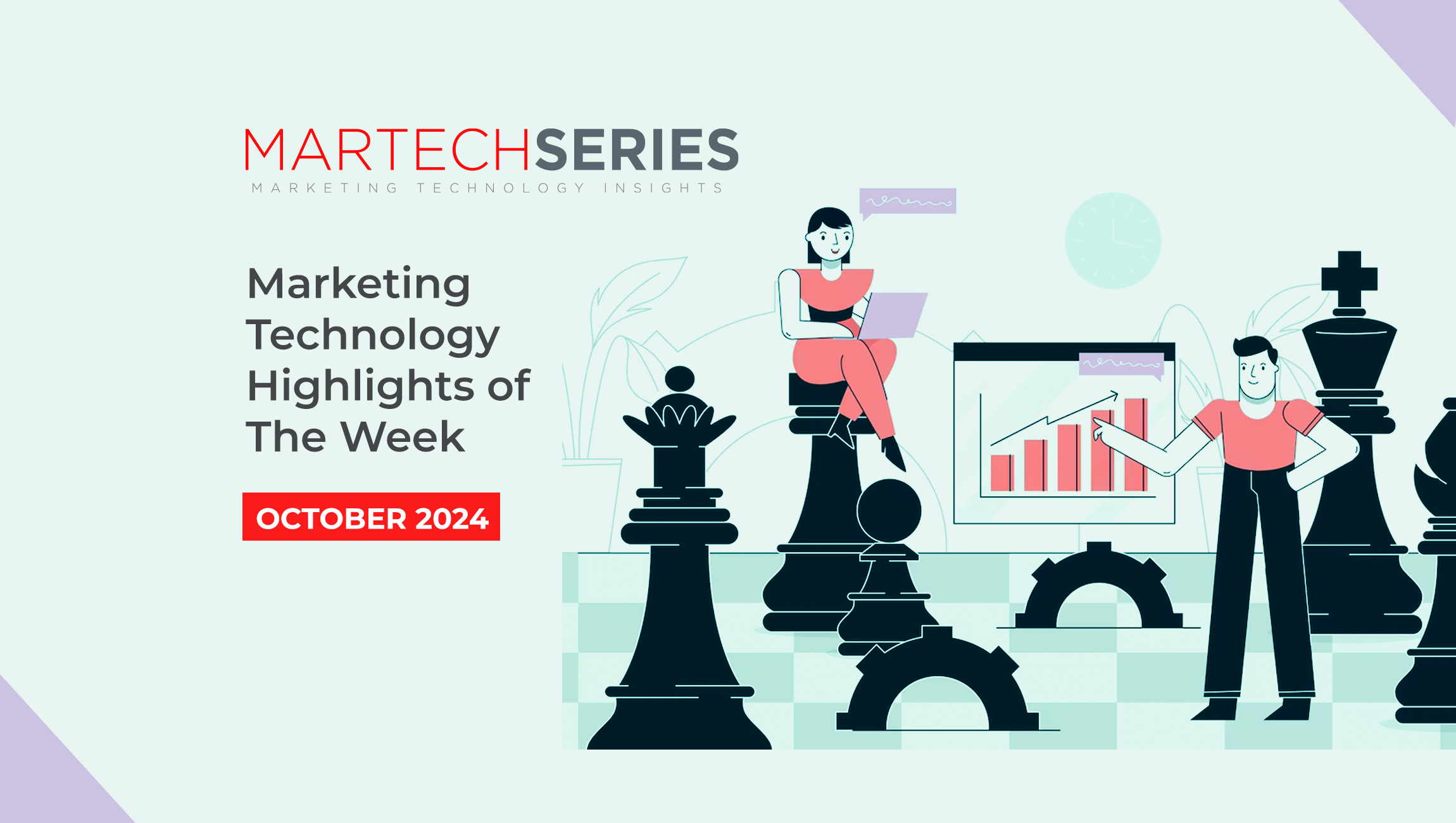The concept of a Customer Data Platform (CDP) represents a revolutionary leap in how businesses approach data management and customer engagement. At its core, a CDP is a unified system that consolidates customer data from various sources into a single, comprehensive database. This integration enables businesses to construct a coherent, 360-degree view of each customer.
By leveraging this detailed insight, companies can deliver more personalized marketing, improve customer experiences, and make informed strategic decisions. The rise of CDPs underscores the growing importance of data-driven approaches in today’s market, where understanding and anticipating customer needs is paramount to success.
Diverse Data Sources Powering Open-Source CDPs
An Open-Source Customer Data Platform (CDP) integrates data from a diverse array of sources, providing a holistic view of customer interactions. This integration is crucial for accurate data analysis and personalized marketing strategies.
1. Website and Mobile App Interactions:
Tracks user behavior, preferences, and engagement on digital platforms, offering vital insights into online customer activities.
2. CRM Systems:
Incorporates customer information and historical interaction data from Customer Relationship Management systems, enriching the customer profiles.
3. Social Media Channels:
Gathers data from social media interactions, providing insights into customer preferences, opinions, and trends.
4. Email Marketing Platforms:
Integrates data from email campaigns, including open rates, click-through rates, and engagement metrics, contributing to a comprehensive understanding of customer responses.
5. Offline Channels:
Incorporates data from offline sources like in-store purchases and customer service interactions, ensuring a complete view of the customer journey.
Strategic Edge of Open-Source CDPs in Modern Business
The importance of Open-Source Customer Data Platforms (CDPs) in today’s data-driven business environment cannot be overstated. They offer unparalleled flexibility and control in managing customer data, crucial for delivering personalized customer experiences.
1. Customization and Flexibility:
Open-source CDPs provide the freedom to customize and scale according to specific business needs, enabling companies to develop unique solutions tailored to their requirements.
2. Cost-Effectiveness:
Without the licensing fees associated with proprietary software, open-source CDPs offer a cost-effective solution for businesses, especially beneficial for small to medium-sized enterprises.
3. Community-Driven Innovation:
Being open-source, these platforms benefit from continuous improvements and updates contributed by a global community of developers, ensuring the platform stays current with the latest technological advancements.
4. Data Security and Privacy Compliance:
Companies have full control over their data, allowing them to implement robust security measures and ensure compliance with data privacy regulations, which is crucial in the current regulatory environment.
5. Integration Capabilities:
Open-source CDPs can seamlessly integrate with a variety of existing business systems and software, facilitating a unified approach to data management and analysis across different departments.
Marketing Technology News: MarTech Interview with Michael Nilsson, CEO and founder of AddEvent
How Open-Source CDPs Are Transforming Business Strategies?
Customer Data Platforms (CDPs) have revolutionized how businesses interact with their customers by enabling more personalized and efficient marketing strategies. Here are five real-life examples illustrating the practical applications of CDPs:
1. Starbucks’ Personalized Offers:
Starbucks uses its CDP to analyze customer purchase history and preferences, enabling them to send personalized offers through their mobile app. This approach has significantly increased customer loyalty and average spending per visit.
2. Sephora’s Unified Customer Experience:
Beauty retailer Sephora integrates customer data from in-store, online, and mobile app interactions into its CDP. This comprehensive view enables them to offer highly personalized product recommendations and beauty tips, enhancing the customer experience.
3. Netflix’s Content Recommendation Engine:
Netflix leverages its CDP to analyze viewing habits and preferences, allowing them to provide tailored show and movie recommendations. This personalization has been key to their high engagement and customer retention rates.
4. American Express’s Customer Retention:
American Express uses CDP data to identify customers who might be considering other credit card options. They then target these customers with special offers and incentives, effectively reducing churn rates.
5. Airbnb’s Targeted Marketing:
Airbnb’s CDP helps in understanding user preferences and travel patterns. This information enables them to create targeted marketing campaigns, suggesting listings and experiences that align with the users’ interests and past behavior.
Navigating the Complexities of Open-Source CDPs?
While Open-Source Customer Data Platforms (CDPs) offer numerous benefits, they also come with their own set of challenges. Understanding these hurdles is crucial for businesses aiming to implement them effectively.
1. Technical Expertise Requirement:
Deploying and maintaining an open-source CDP often requires significant technical expertise. Businesses may need to invest in skilled IT personnel or external consultants to effectively manage the platform.
2. Resource Intensity:
Since open-source CDPs can be less turnkey than proprietary solutions, they may demand more resources in terms of time and manpower for customization and integration with existing systems.
3. Security Concerns:
Managing the security of an open-source CDP is a critical challenge. Businesses must actively monitor and update their systems to safeguard against vulnerabilities and ensure data protection.
4. Community Dependence:
The development and troubleshooting support for open-source CDPs largely depend on the community. This can sometimes lead to slower updates or fixes compared to proprietary platforms with dedicated support teams.
Conclusion
Open-Source Customer Data Platforms offer transformative opportunities for businesses to enhance their data management and customer engagement strategies. While they present unique challenges, including technical demands and security considerations, their advantages in customization, cost-effectiveness, and community-driven innovation are compelling. Navigating these complexities with a well-informed approach can unlock new potentials in personalization and customer insight, positioning businesses for success in the data-driven landscape of today.
Marketing Technology News: What Makes for an Authentic Brand in 2024? Tips and Thoughts by Leading B2B Marketers











